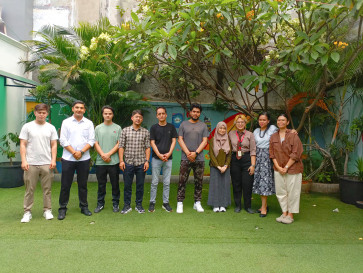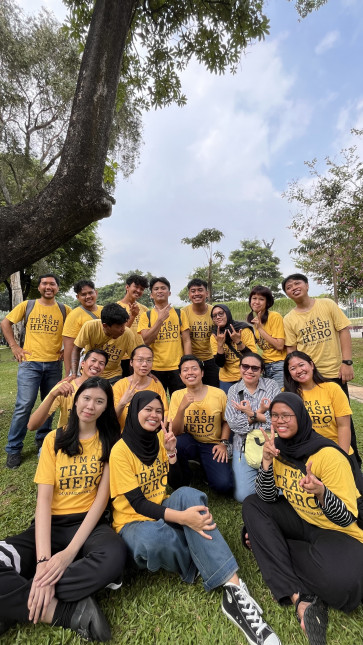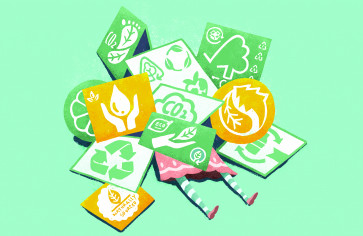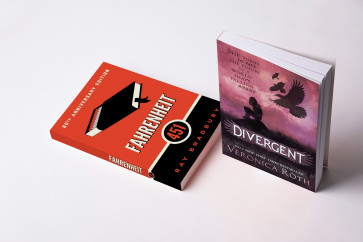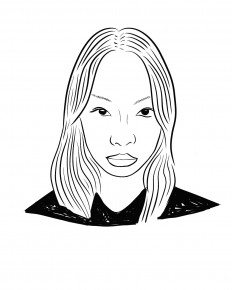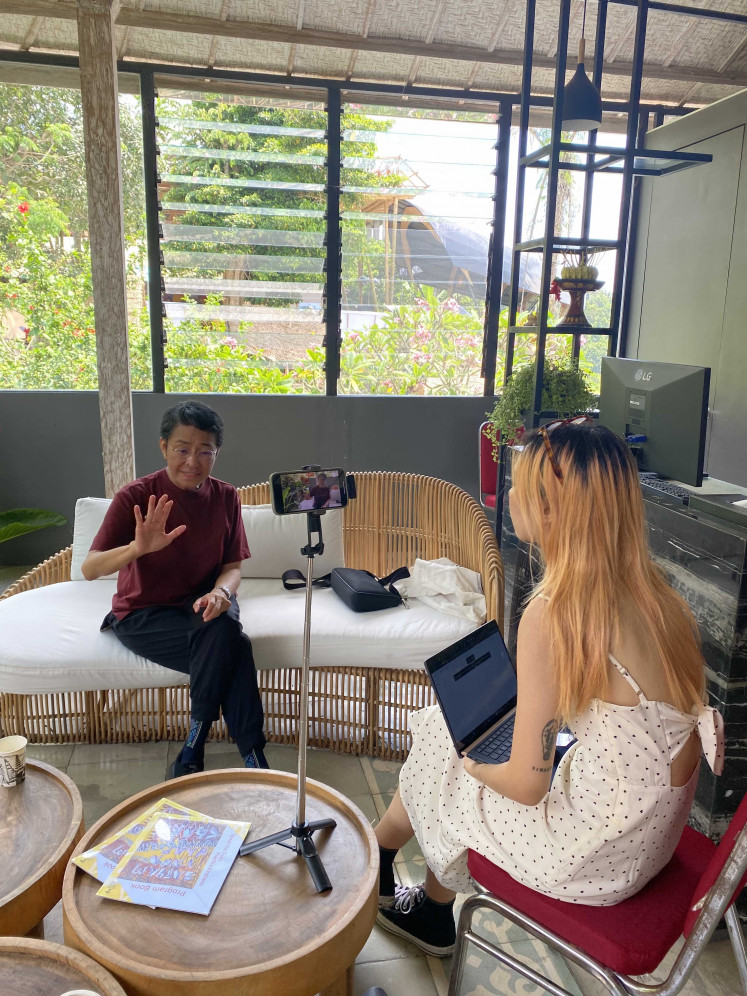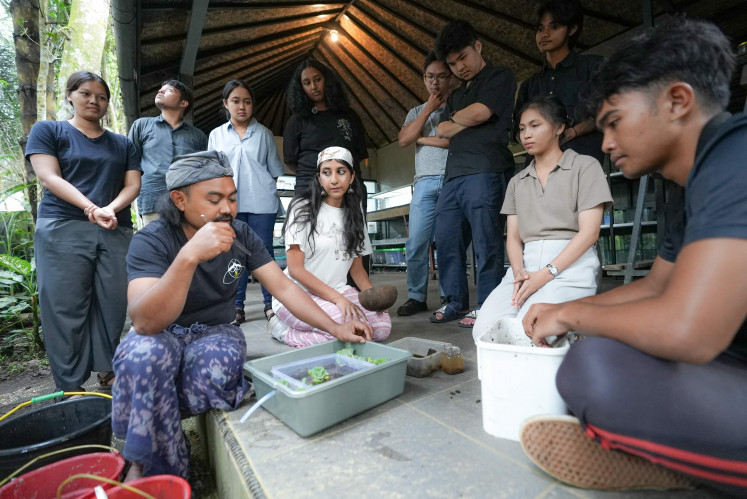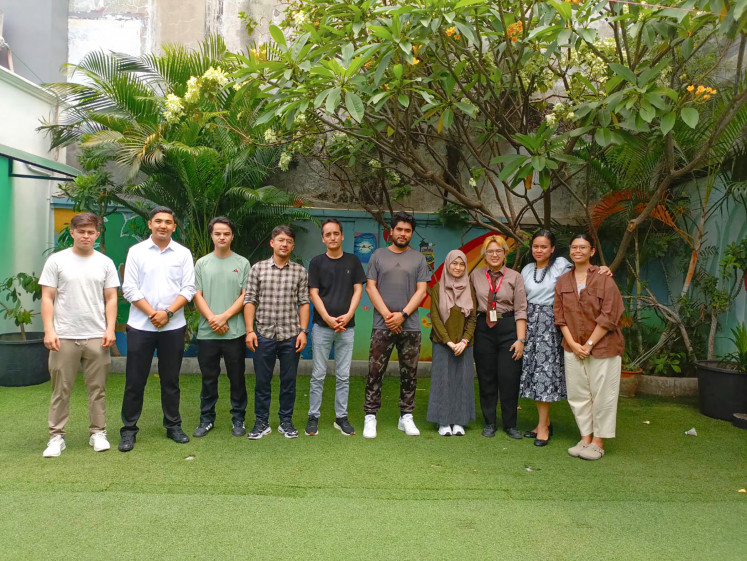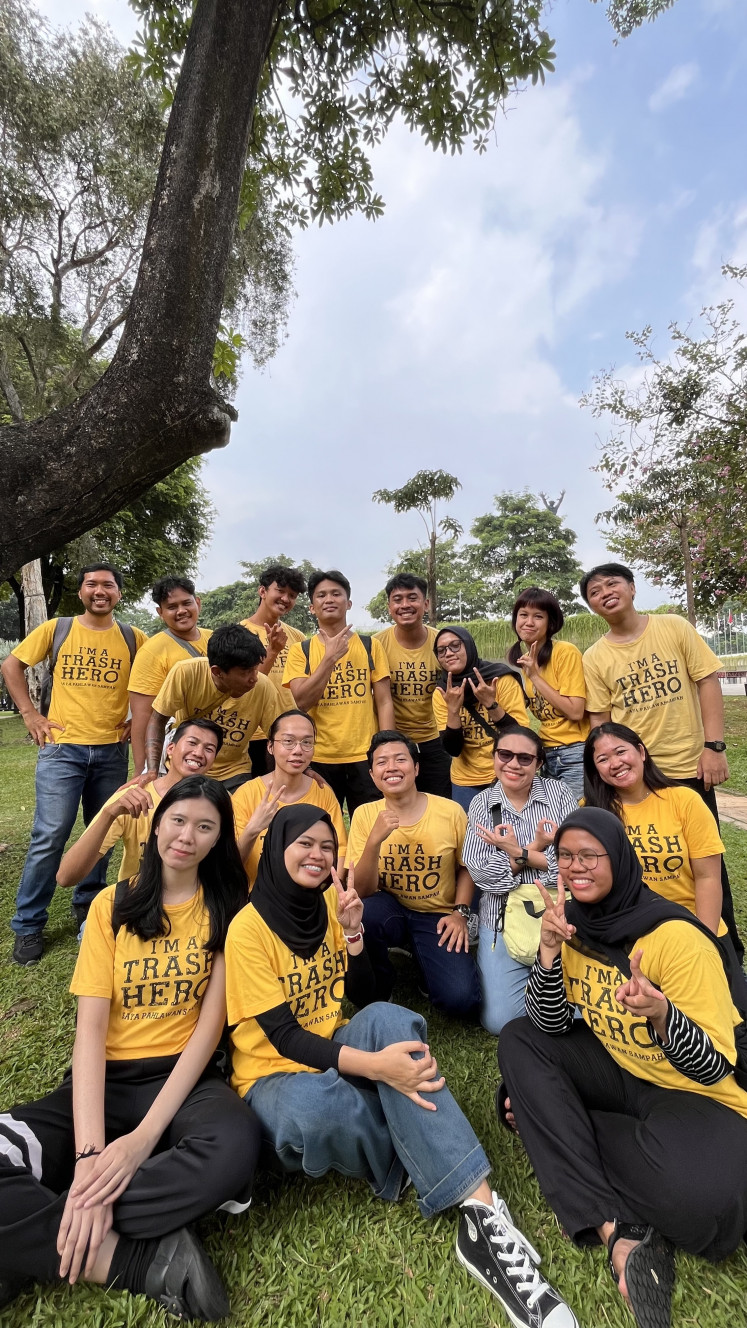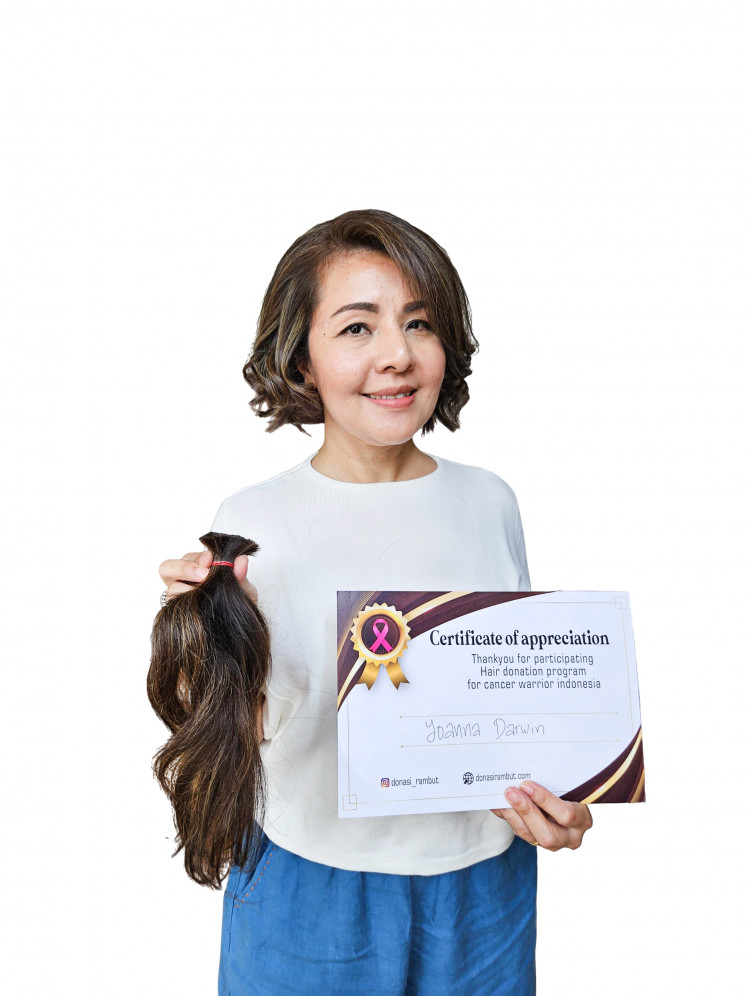Maria Ressa on January 18, 2023, in Quezon City, the Philippines, after her tax evasion charge was acquitted. (Reuters/Eloisa Lopez)
“The hard part is on your generation, right?”
When Maria Ressa said that, I felt seen. The multi-award-winning journalist and 2021 Nobel Peace Prize winner understands the pressure we, the younger generation, are under, and the urgency of addressing the growing threats of online harm and disinformation.
We were speaking after her panel at the Ubud Writers and Readers Festival 2024 in late October, where her bright personality shone amid the gloomy topics she tackled.
When she started the Philippine online media platform Rappler in 2011, it was founded on the belief that social media could democratize access to information. Over a decade later, she’s traveling the world, rallying people against the threat disinformation on social media poses to democracy.
Much like Rappler, Gen Z came of age in the era of social media, learning to rely on the technology as soon as we were old enough to log on. We weren’t taught about the importance of privacy or the dangers lurking behind algorithms and online anonymity.
“For Gen Z, you've adapted to this technology without really being told or realizing dangers inherent in the design,” she told me.

Thank you!
For signing up to our newsletter.
Please check your email for your newsletter subscription.
Sure, the friend-of-a-friend recommendation algorithm is powerful for networking. But it also creates a tug-of-war with idealism, as information spreads like wildfire. One could even call it a form of “social curation,” a practice in social media marketing where content is tailored to echo its audience.
“Everyone lives in their own personalized worlds now. Back in the day, that’d be called an insane asylum!” Maria quipped during one of the festival panels.
Our democratized access to information has become a double-edged sword. We’re inundated with information, but it’s often within our own echo chambers. This amplifies the risk of confirmation bias and allows disinformation to shape our worldviews.
The 2021 Nobel Peace Prize winner shares her thoughts on the challenges facing today’s youth due to social media during an interview on the sidelines of the Ubud Readers and Writers Festival in October 2024. (The Jakarta Post/X)
“So I worry about our younger generation searching for meaning,” Maria said. “Such atomized content comes at you like a fire hose. You just want to take a careful sip, but you can’t, because it’s coming so fast.”
For those chronically online, there’s growing discourse about the importance of nuance. Like taste, nuance requires cultivation, it contextualizes ideas and deepens understanding.
Yet, some mistakenly argue that free speech means saying whatever one wants without consequence.
“The nuances of a real discussion are often lost now on social media and on ChatGPT and others,” Maria shared.
She finds it devastating that technological advancement, while promising, often leads to exploitation. She fears the ease of access to digital tools could amplify their negative impacts, especially without the proper checks in place.
Is it within our human design to be weak and susceptible to addiction to the internet? Probably. I don’t think we’ve evolved enough to withstand the addictive design of algorithms.
Maria emphasizes the vital role of journalism, calling it an antidote to tyranny in these turbulent times.
“I love technology, but I think there need to be guardrails in place to prevent it from exploiting our biological weaknesses for profit,” she said.
“I worry that the younger generation will use these tools, which lack accountability, and won’t learn to write or think critically.”
For Maria Ressa, the solution lies in teaching critical thinking, holding technology accountable, and supporting journalism to combat the chaos of the digital age.
Felicia Melody writes about lifestyle, beauty and fashion (and all things related to passion) from Jakarta. Some may say she’s all over the place, but she’s really just “always somewhere”.






